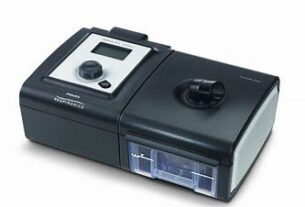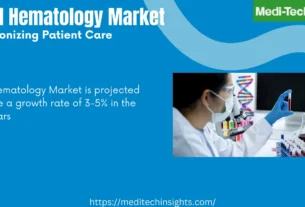Driven by expanding complexity and amounts of data, supporting government measures, rapid digital health uptake following Covid, and rising VC/PE investments.
Healthcare data analytics combines real-time and historical data to predict trends, reveal actionable insights, and improve clinical, financial, and operational performance.
Find a free Sample of Our Research Report : https://meditechinsights.com/healthcare-analytics-market/request-sample/
Shift towards Evidence-based Care Model
Data and analytics have been central to healthcare for decades. However, a major shift in how data is generated, aggregated and utilized is being witnessed as the healthcare industry moves from a fee-for-service to a value-based/outcome-based care model.
Key Growth Drivers : Healthcare Analytics market
The adoption of healthcare analytics is anticipated to grow rapidly worldwide as it can potentially reduce the cost of treatment, predict disease outbreaks, avoid preventable illnesses and improve the overall quality of care and life of patients.
Key Challenges include Data Security, Interoperability among others
Healthcare data security and patient privacy issues, unstructured/fragmented data, ever-changing data, interoperability and data science skills gap are some of the key challenges to be addressed to witness exponential growth.
US Leads in terms of Adoption
The US is the largest market for healthcare analytics solutions with >60% share, followed by Europe. In 2020, the US healthcare expenditure reached an all-time high accounting for 19.7% of its GDP. With skyrocketing costs, rising demand for evidence-based patient outcomes and growing regulatory reporting and compliance requirements, the healthcare stakeholders are increasingly adopting data-driven solutions like analytics. This trend is evident by significant VC funding/PE investments in this field. Healthcare analytics companies raised $1.5 billion VC funding in the 1H of 2021, ~90% increase YOY.
While APAC has a minor share in the healthcare analytics market currently, this region is expected to witness strong growth in the coming years, centered at China.
Growing focus on Advanced Analytics tools
Based on our research & interviews with industry experts, currently, healthcare analytics companies derive most of their revenues from descriptive analytics however, increasingly the healthcare providers and payers are implementing predictive and prescriptive analytics.
On-premise Model still Prevailing
“Cloud offer a flexible, scalable environment at a lower cost than on-premise deployments but still majority of healthcare analytics solutions are currently implemented on-premise due to security, control and privacy reasons. However, the trend is towards hybrid cloud storage model.”
– Founder, Executive Chairman & Chief Strategy Officer, Healthcare Analytics Company, US
Competitive Landscape Analysis
The healthcare analytics market is fragmented with no clear leader. Some of the key players having a strong foothold in the US market and offering a wide range of products & services include IBM, Optum, Cerner, SAS Institute, Allscripts, McKesson/Change Healthcare, MedeAnalytics, Inovalon, Oracle, Health Catalyst, SCIO Health Analytics, Cotiviti (formerly Verscend Technologies), CitiusTech, and VitreosHealth among others. On the other hand, there are several promising players in the European market such as Dedalus, LOGEX, Clanwilliam Group, Evolucare and Clinithink.
Covid Impact on Healthcare Analytics Market
The COVID-19 pandemic accelerated the shift to digital health and led to record investments in the health tech space including data analytics. Predictive analytics got a boost to help healthcare organizations better understand which patients are at risk, where resources are most needed, and where the disease is likely to spike next. Moreover, Covid has brought significant changes in operational processes so as to collect, document and report data thereby positively impacting the need for analytics. The pandemic is likely to catalyze a new, more robust, data driven era in healthcare technology and the surge in uptake of analytics is likely to stay for the foreseeable future.



